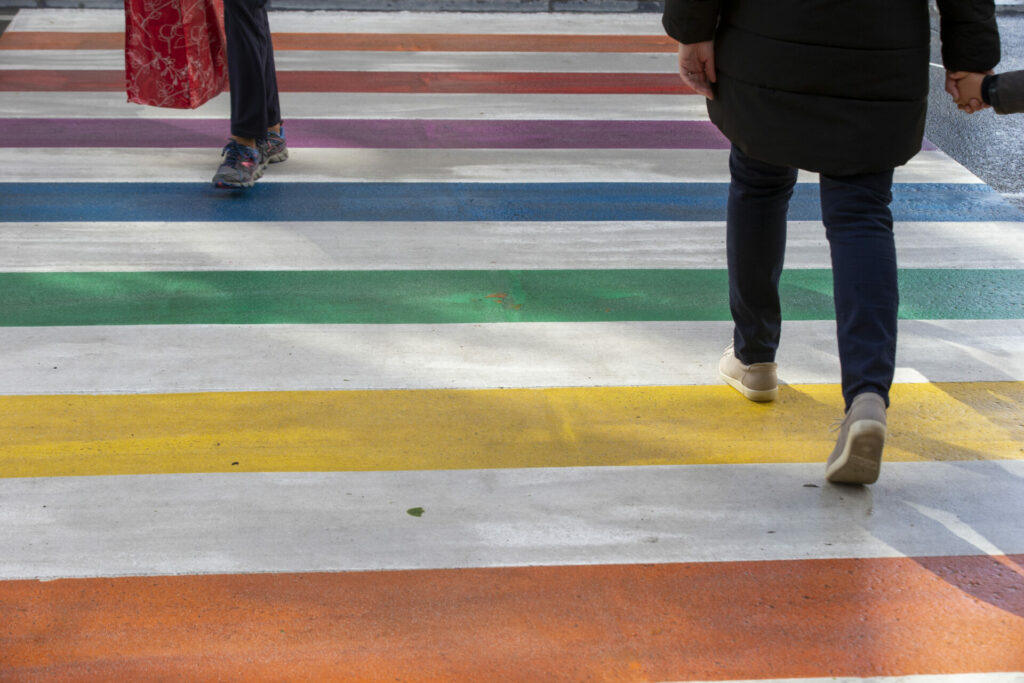Disability, a "less attractive" appearance, age, homosexuality, ethnicity and inexperience (in this order) are the main exclusion criteria for accessing a job, a new study by the University of Ghent (UGent) revealed – underlining that discrimination is still very much present in Belgium.
Therefore, State Secretary for Gender Equality, Equal Opportunities and Diversity Sarah Schlitz called it "urgent and necessary" to further strengthen Belgium's legislative arsenal to combat discrimination and submitted a draft law to improve and strengthen the country's three anti-discrimination laws.
"Discrimination, whichever form it takes, is a persistent poison in the lives of our fellow citizens," Schlitz said. "With this improvement of our legislative arsenal, we broaden protection by taking into account blind spots that were not covered by the law, and also improve care for victims."
Modernising criteria, upping penalties
"We are not only fighting against this injustice, but also sending a clear message to perpetrators of discrimination that it is unacceptable and prohibited," she added.
It concerns the anti-racism law to punish certain acts motivated by racism or xenophobia (such as colour, descent, national or ethnic origin and nationality), and the anti-discrimination law to combat certain forms of discrimination (including age, sexual orientation, marital status, political views, religious or philosophical belief).
Lastly, it also concerns the gender law to combat discrimination between women and men (regarding childbirth, breastfeeding, parental leave, as well as gender expression or medical and social transition, for example).
Related News
- Physical attractiveness pays off in the labour market, research finds
- 'Stuck in the past century': Staff denounce sexism at Royal Museum of Fine Arts
- 'Locked up and laughed at': Young journalist arrested in Brussels after Morocco game
Based on the recommendations of an expert committee, Schlitz submitted a preliminary draft law to significantly improve these three laws by modernising the criteria and including new forms of discrimination (such as cumulative and intersectional discrimination, discrimination by association, and discrimination based on assumed criteria).
She also wants to strengthen the penalties for discrimination by tripling the compensation that can be awarded to the victim, and to reform the criminal code with systematic consideration of the discrimination ground. That means that judges will have to take into account situations of discrimination as an aggravating circumstance systematically and for all types of offences.

